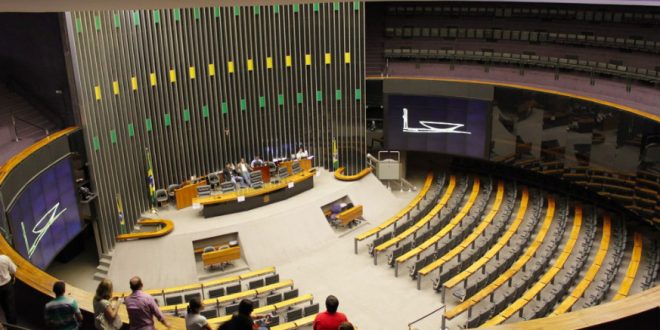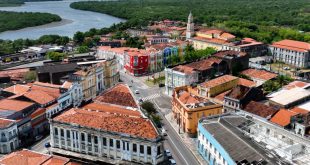The government of Paraiba has approved a decree to launch an independent sports betting regime within the boundaries of the Northeastern state of Brazil.
On 17 January, Decree 43376/2023 was published in Paraiba’s state gazette, with the directive approved by governor João Azevêdo Lins Filho.
Amongst Brazil’s smallest states, Paraíba (population four million) seeks to launch an independently governed marketplace for fixed-odds online and retail sports betting, which will be overseen by the Paraíba State Lottery (LOTEP).
Paraiba governor Lins Filho has instructed the state legislator to work with LOTEP to “prepare a process for selecting private companies to participate in the market”.
Though approved, the government of Paraiba maintains that its sports betting decree will be treated as a ‘working project’, which requires pending modalities on licensing, authorisations and taxes.
As such, Paraiba’s government seeks to control the licensing and taxation of licensed bookmakers, who will be supervised and governed by LOTEP, taking on the role of state inspectorate for sports betting.
No schedule was presented for Paraiba to launch its licensing application, in which the government outlined its preference to award operators a ten-year licence.
Paraiba becomes the first Brazilian state to outline its intent to launch an independent sports betting regime. The development follows a frustrating 2022, as yet again Brazil failed to launch federal laws to regulate online gambling and sports betting markets.
In the summer of 2022, former President Jair Bolsonaro refused to sign Senate-approved bills on gambling and sports betting into law – citing concerns related to taxes and that the matter should be settled by the winner of Brazil’s General Elections in October.
Delayed by the ousted president, Brazil scuppered its clearest opportunity to regulate sports betting as the bill carried a four-year requirement to be brought into federal law since its original authorisation in 2018 by the Temer government.
Industry observers wait on new President Lula da Silva, to outline plans on how his government will choose to regulate Brazil’s gambling sector – preferably avoiding another 10-year deliberation on what appeared to be a settled matter.
Appointed as Brazil’s new sports minister this January, Ana Moser of the Workers Party stated that the Lula government recognised “how divisive regulating gambling had become”.
Taking office, Moser outlined that the government would review draft bills on gambling and sports betting to revise their impacts on Brazil’s existing General Sports Law and National Sports Programme.










